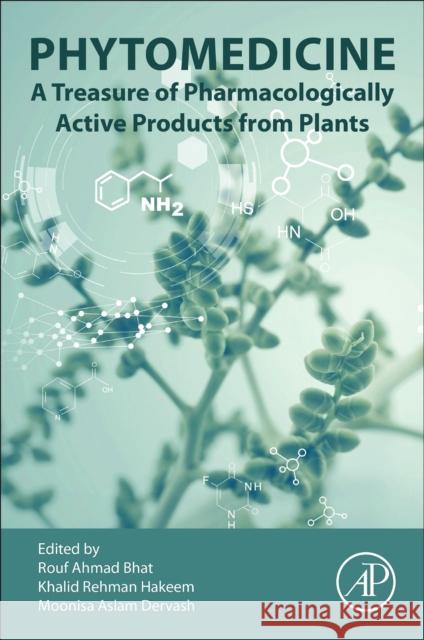Phytomedicine: A Treasure of Pharmacologically Active Products from Plants » książka
topmenu
Phytomedicine: A Treasure of Pharmacologically Active Products from Plants
ISBN-13: 9780128241097 / Angielski / Miękka / 2021
Kategorie:
Kategorie BISAC:
Wydawca:
Academic Press
Język:
Angielski
ISBN-13:
9780128241097
Rok wydania:
2021
Oprawa:
Miękka
Wolumenów:
01
Dodatkowe informacje:
Bibliografia
Wydanie ilustrowane
Wydanie ilustrowane











